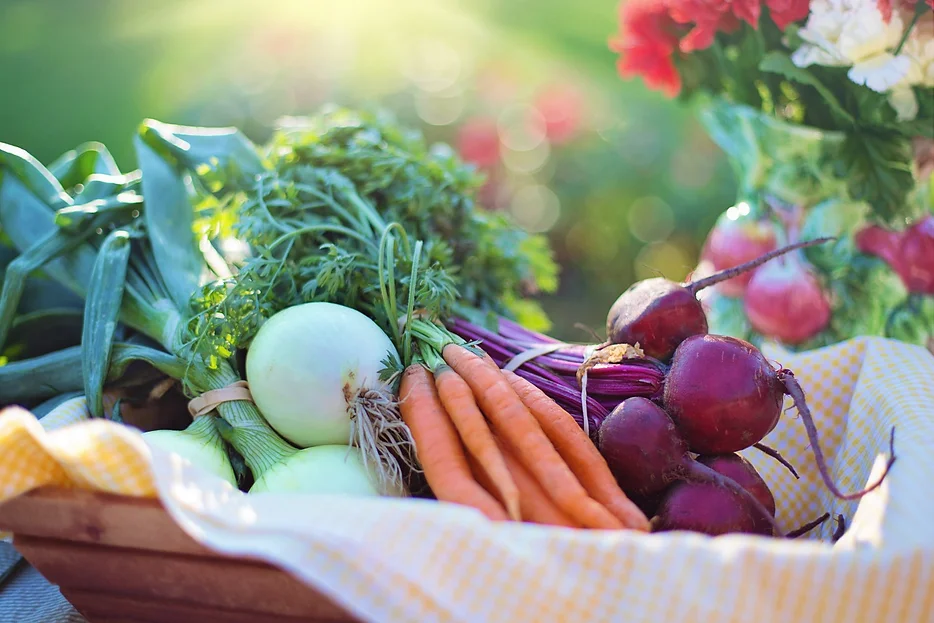Foods for Bone Health

Having and maintaining healthy bones should be high on your priority list, as our bone health can decline quickly with age. Losing bone mass (osteoporosis) and having bones that break easily are two major concerns that you can help prevent.
Eating certain foods will give you stronger bones, bone mass and density. There are also other ways to maintain bone health, like exercising regularly and maintaining the ideal weight for your body type.
Although, the most effective way to keep up bone health is to ensure that your diet has proper nutrients.
We’ll talk about the most important nutrient first, which is calcium. It’s THE nutrient for our bones, and we’ll focus a bit more on calcium-rich foods.
There’s no doubt that milk is the ultimate source of it. And, milk also has other nutrients that keep our bones healthy such as riboflavin, b12 and vitamin D, which is another nutrient that is highly beneficial in having healthy bones. Ideally, two glasses a day are sufficient for adults and one glass for small children. Dairy, in general, is an excellent source of vitamin D.

(But, not to worry if you’re lactose intolerant or simply just not a fan of milk or dairy. Some key nutrients below can be acquired through easy-to-prepare meals, snacks, juices and smoothies. And there are plenty of calcium alternatives.)
Tip: When foods that are high in calcium are combined with foods high in phosphate, (eggs, cereals and meats), your bone structure is kept in its best condition.
These are just a small variety of the many foods that promote bone health and significantly prevent bone inflammation, arthritis, joint pain and other health problems. Some might even be surprising,
-
Calcium- leafy greens such as collard greens, spinach, kale and swiss chard; nuts and seeds such as sesame seeds, almonds flax seeds; fruits such as oranges or papaya.
If you cook with herbs like rosemary, sage, basil or oregano, you’ll be happy to know those have calcium, too!
-
Potassium- avocados, squash, sweet potatoes, white beans, mushrooms, bananas, beets, dates, raisins, yoghurt or dried apricots
-
Magnesium- molasses, edamame, quinoa, roasted turkey, and dark chocolate (yeeeah!)
-
Vitamin C- grapefruit, strawberries, kiwi, guava, lemon, broccoli and tomatoes
-
Protein- fish such as tuna or cod, cheese, lean beef, pork loin, tofu, eggs (egg whites even more so), peanut butter, oatmeal or cottage cheese
Fatty fish are also great sources of Vitamin D, and though it might seem healthier to eat fresh filets of fish, canned salmon has the highest amount of calcium.
We also mentioned some delicious fruits, which is a sweet way to get more calcium. Add them to your fresh, summer salads for an added boost. The leafy greens we mentioned also have Vitamin K which reduces risks of osteoporosis.
It’s important to remember that our bones act as a shield for our internal organs and keeping them strong is critical to providing structure to our bodies. And, it certainly doesn’t hurt to benefit from having a better posture, more strength and overall balance.


